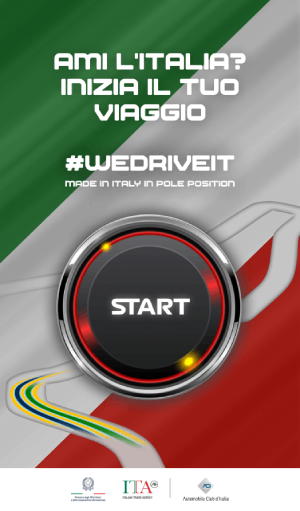G7 Agricultural Associations call for bold action to safeguard farmers’ livelihoods and build resilient, sustainable food systems.
 The G7 of Agricultural Associations, organized and led by Coldiretti on Sept. 27 in Syracuse, brought together for the first time the main organizations within the G7 agriculture. At the end of the proceedings, a joint document was circulated and handed over to the Minister of Agriculture, Food Sovereignty and Forestry Francesco Lollobrigida, acting chair of the G7 agriculture and John Steenhuisen, Minister of Agriculture of South Africa, and then transferred to all ministers.
The G7 of Agricultural Associations, organized and led by Coldiretti on Sept. 27 in Syracuse, brought together for the first time the main organizations within the G7 agriculture. At the end of the proceedings, a joint document was circulated and handed over to the Minister of Agriculture, Food Sovereignty and Forestry Francesco Lollobrigida, acting chair of the G7 agriculture and John Steenhuisen, Minister of Agriculture of South Africa, and then transferred to all ministers.
At the G7 agriculture ministers’ meeting in Sicily, the presidents of the main agricultural organizations of the G7 countries-including the Canadian Federation of Agriculture (Canada), FNSEA (France), DBV (Germany), JA Zenchu (Japan), Coldiretti (Italy), CIA Agricoltori Italiani (Italy), National Farmers’ Union (United Kingdom) and NFU National Farmers Union (United States) – have come together to highlight the crucial role farmers and their organizations play in building resilient, inclusive and sustainable food systems. This call comes at a critical time, marked by geopolitical instability and the growing climate crisis.
The joint statement, also supported by the World Farmers Organization (WFO), not only reflects the collective voice of G7 farmers, but also aligns with the global agricultural community’s commitment to sustainable food systems. The document stresses the need for a farmer-centered approach to building sustainable, resilient and competitive local food systems. These systems are key to valuing the work of farmers, ensuring equitable value chains and contributing to global food security.
Key recommendations outlined in the declaration include increased public investment in sustainable and climate-friendly agricultural practices, strengthening fair international trade based on reciprocity and transparency, and advancing farmer-centered innovation that bridges the gap between producers and the research community.
It also calls for a balanced approach to food systems, investing in both short local value chains that support thriving communities and long and fair international value chains that ensure transparency and equity in global trade. These measures are crucial not only for G7 countries, but also for global efforts to meet the twin challenges of feeding a growing population and mitigating climate change.
The G7 agricultural organizations are united in their call for governments around the world to engage directly with farmers and prioritize policies that ensure food security and support the economic viability of sustainable agricultural practices.
The unity demonstrated by these organizations translates into a powerful message: only by working together with farmers can governments ensure a peaceful, prosperous and food-secure future for all.
The handover ceremony in Ortigia was not only a significant moment in the G7’s agricultural agenda, it was a reaffirmation of the essential role that farmers globally must play to achieve these fundamental goals.
G7 farmers urge their governments to make decisive decisions by working closely with the agricultural community to advance these shared goals.
(Associated Medias) – All rights reserved








